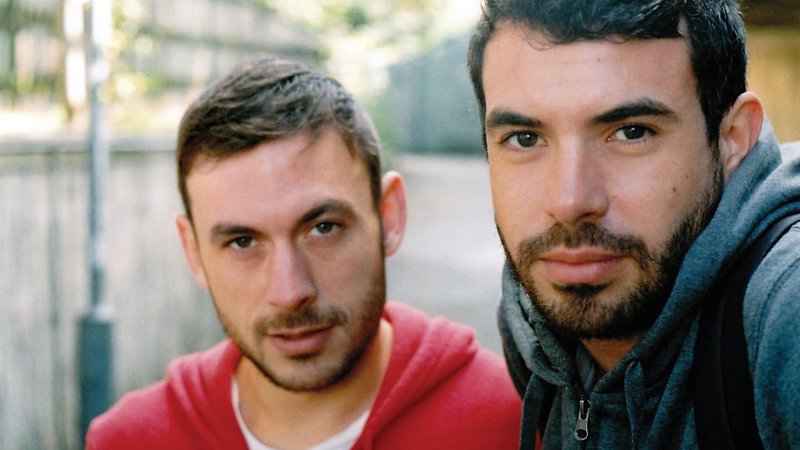A brief encounter proves mutually disarming for two young men in a salty, insightful love story buoyed by sex, drugs and testing differences of opinion. “A deftly-played and beautifully-paced little romance.” — The Guardian

Naturalistic without being ineloquent, heartfelt yet unsentimental, Weekend is the rarest of birds: a movie romance that rings true.
Screened as part of NZIFF 2011
Weekend 2011
Russell, a pool lifeguard, parties with his straight friends before heading to a bar where he picks up Glen. Glen turns out next morning to be a right live wire, a one-man gay liberation front, not really Russell’s style at all. Could be, though, that what separates these two is stuff that registers deep with them both.
As they goad away at each other, the film offers us the pleasure of seeing them ease up on their practised personas and grow in each other’s eyes. These characters are so layered; their interaction so unpredictable yet well-grounded; and the actors so attuned that their encounter is as engrossing to witness as it is poignant. The topic of gay movie romances for straight audiences is one of several subjected to Glen’s scathing appraisal, but I’m guessing you’d have to be insanely hetero-centric not to take this particular man-on-man affair to heart. – BG
“[Actors] Cullen and New develop a compellingly credible give and take, whether they’re debating the merits of gay marriage, confiding long-suppressed yearnings or, in the picture’s funniest scene, discussing the homoerotic appeal of Rupert Graves in A Room with a View.” — Joe Leydon, Variety
“Like Before Sunrise, the real joy of writer/director Andrew Haigh’s film is in watching two people make bedrooms, overpasses, kitchenettes, and couches feel alive with potent conversation and pregnant silences. As the end to the tumultuous weekend approaches, the camera dreads the impending loss as much as the characters.” — James Renovitch, Austin Chronicle